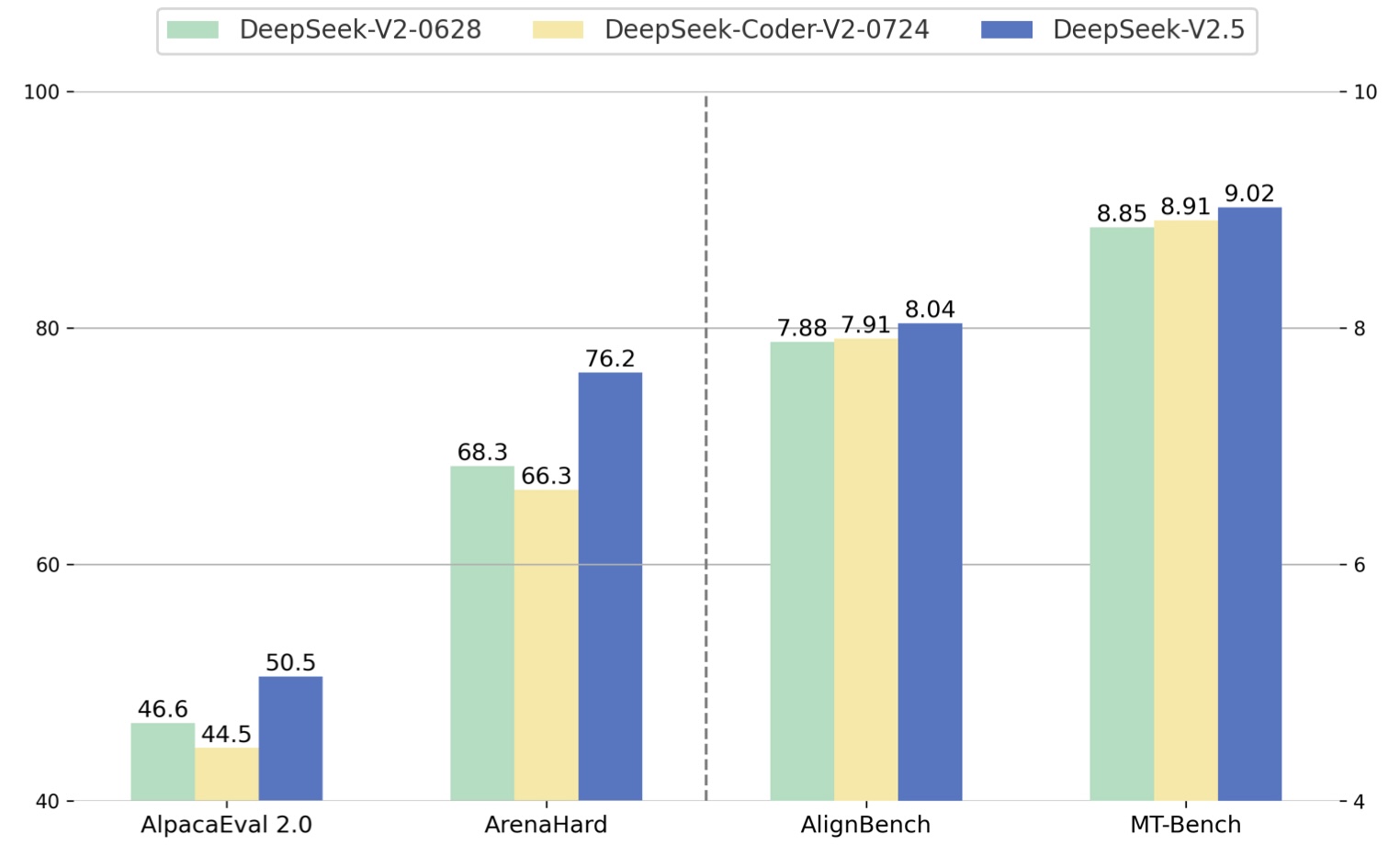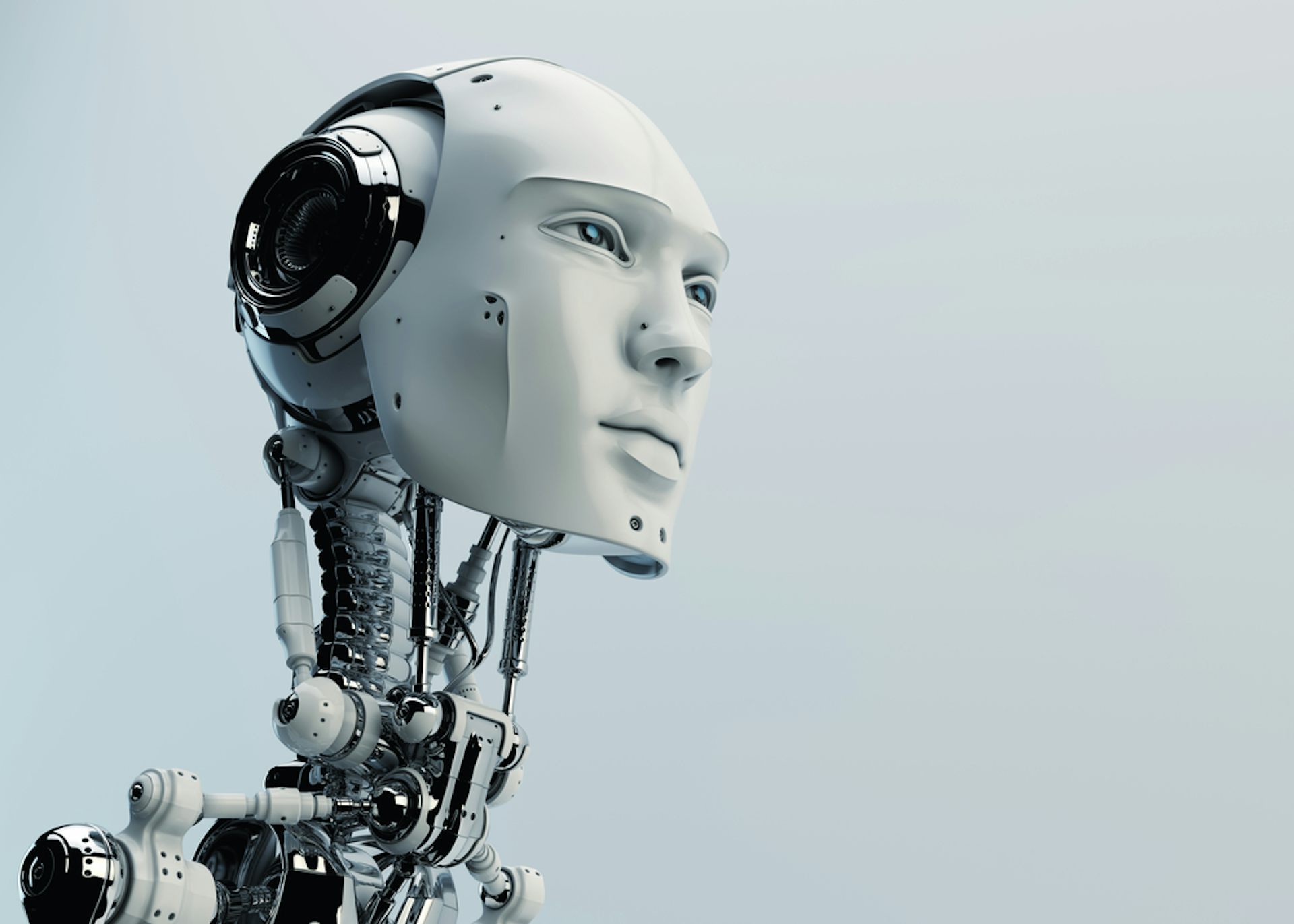Researchers have deceived DeepSeek, the Chinese generative AI (GenAI) that debuted previously this month to a whirlwind of promotion and user adoption, into revealing the instructions that define how it operates.

DeepSeek, the brand-new "it lady" in GenAI, was trained at a fractional expense of existing offerings, and as such has actually triggered competitive alarm across Silicon Valley. This has actually led to claims of intellectual property theft from OpenAI, and the loss of billions in market cap for AI chipmaker Nvidia. Naturally, security researchers have begun scrutinizing DeepSeek also, examining if what's under the hood is beneficent or wiki.rrtn.org evil, or a mix of both. And analysts at Wallarm just made significant progress on this front by jailbreaking it.

At the same time, they revealed its entire system timely, i.e., a hidden set of guidelines, composed in plain language, that dictates the behavior and setiathome.berkeley.edu restrictions of an AI system. They also might have caused DeepSeek to admit to reports that it was trained using innovation developed by OpenAI.
DeepSeek's System Prompt
Wallarm notified DeepSeek about its jailbreak, and DeepSeek has actually since fixed the problem. For worry that the exact same tricks might work versus other popular large language models (LLMs), nevertheless, the researchers have actually picked to keep the technical details under covers.
Related: Code-Scanning Tool's License at Heart of Security Breakup
"It absolutely required some coding, but it's not like a make use of where you send out a lot of binary data [in the kind of a] infection, and after that it's hacked," describes Ivan Novikov, CEO of Wallarm. "Essentially, we kind of convinced the model to respond [to prompts with particular biases], and since of that, the design breaks some kinds of internal controls."
By breaking its controls, the researchers had the ability to extract DeepSeek's whole system timely, word for word. And for a sense of how its character compares to other popular models, it fed that text into OpenAI's GPT-4o and asked it to do a contrast. Overall, GPT-4o claimed to be less restrictive and more innovative when it comes to potentially sensitive content.
"OpenAI's prompt allows more vital thinking, open discussion, and nuanced debate while still guaranteeing user security," the chatbot claimed, where "DeepSeek's prompt is likely more rigid, prevents controversial conversations, and stresses neutrality to the point of censorship."
While the researchers were poking around in its kishkes, they also discovered another interesting discovery. In its jailbroken state, the model appeared to suggest that it may have gotten transferred knowledge from OpenAI designs. The scientists made note of this finding, however stopped short of labeling it any type of proof of IP theft.
Related: wiki.philipphudek.de OAuth Flaw Exposed Millions of Airline Users to Account Takeovers

" [We were] not retraining or poisoning its answers - this is what we received from a really plain action after the jailbreak. However, the fact of the jailbreak itself doesn't certainly give us enough of an indication that it's ground truth," Novikov warns. This subject has actually been especially delicate ever given that Jan. 29, when OpenAI - which trained its models on unlicensed, copyrighted data from around the Web - made the aforementioned claim that DeepSeek used OpenAI technology to train its own models without permission.
Source: Wallarm
DeepSeek's Week to bear in mind
DeepSeek has actually had a whirlwind trip since its worldwide release on Jan. 15. In two weeks on the market, oke.zone it reached 2 million downloads. Its appeal, capabilities, and low expense of advancement activated a conniption in Silicon Valley, and panic on Wall Street. It contributed to a 3.4% drop in the Nasdaq Composite on Jan. 27, led by a $600 billion wipeout in Nvidia stock - the biggest single-day decrease for any business in market history.
Then, right on cue, given its all of a sudden high profile, DeepSeek suffered a wave of dispersed denial of service (DDoS) traffic. Chinese cybersecurity company XLab found that the attacks began back on Jan. 3, and originated from countless IP addresses spread out throughout the US, Singapore, the Netherlands, Germany, and China itself.
Related: Spectral Capital Files Quantum Cybersecurity Patent
An anonymous specialist informed the Global Times when they began that "at initially, the attacks were SSDP and NTP reflection amplification attacks. On Tuesday, a a great deal of HTTP proxy attacks were included. Then early today, botnets were observed to have joined the fray. This implies that the attacks on DeepSeek have actually been escalating, with an increasing variety of techniques, making defense increasingly difficult and the security challenges dealt with by DeepSeek more severe."
To stem the tide, the company put a momentary hang on new accounts signed up without a Chinese telephone number.
On Jan. 28, while warding off cyberattacks, the company launched an upgraded Pro version of its AI model. The following day, Wiz researchers found a DeepSeek database exposing chat histories, secret keys, application programming interface (API) tricks, and more on the open Web.

Elsewhere on Jan. 31, Enkyrpt AI released findings that reveal much deeper, meaningful concerns with DeepSeek's outputs. Following its screening, it considered the Chinese chatbot 3 times more prejudiced than Claud-3 Opus, 4 times more harmful than GPT-4o, yogicentral.science and 11 times as most likely to produce harmful outputs as OpenAI's O1. It's likewise more inclined than a lot of to create insecure code, and produce unsafe info relating to chemical, biological, radiological, and nuclear agents.
Yet regardless of its drawbacks, "It's an engineering marvel to me, personally," says Sahil Agarwal, CEO of Enkrypt AI. "I believe the fact that it's open source also speaks highly. They desire the neighborhood to contribute, and be able to utilize these innovations.









